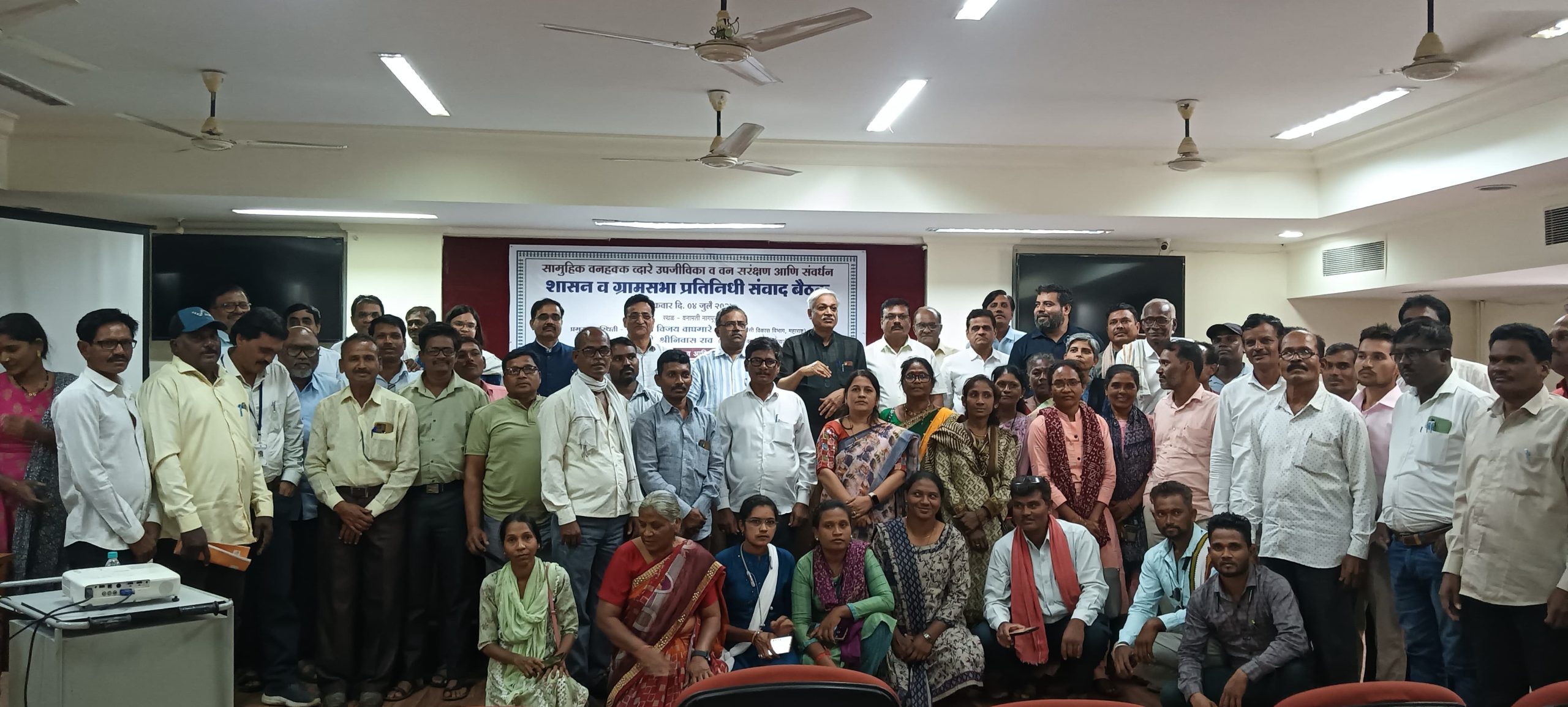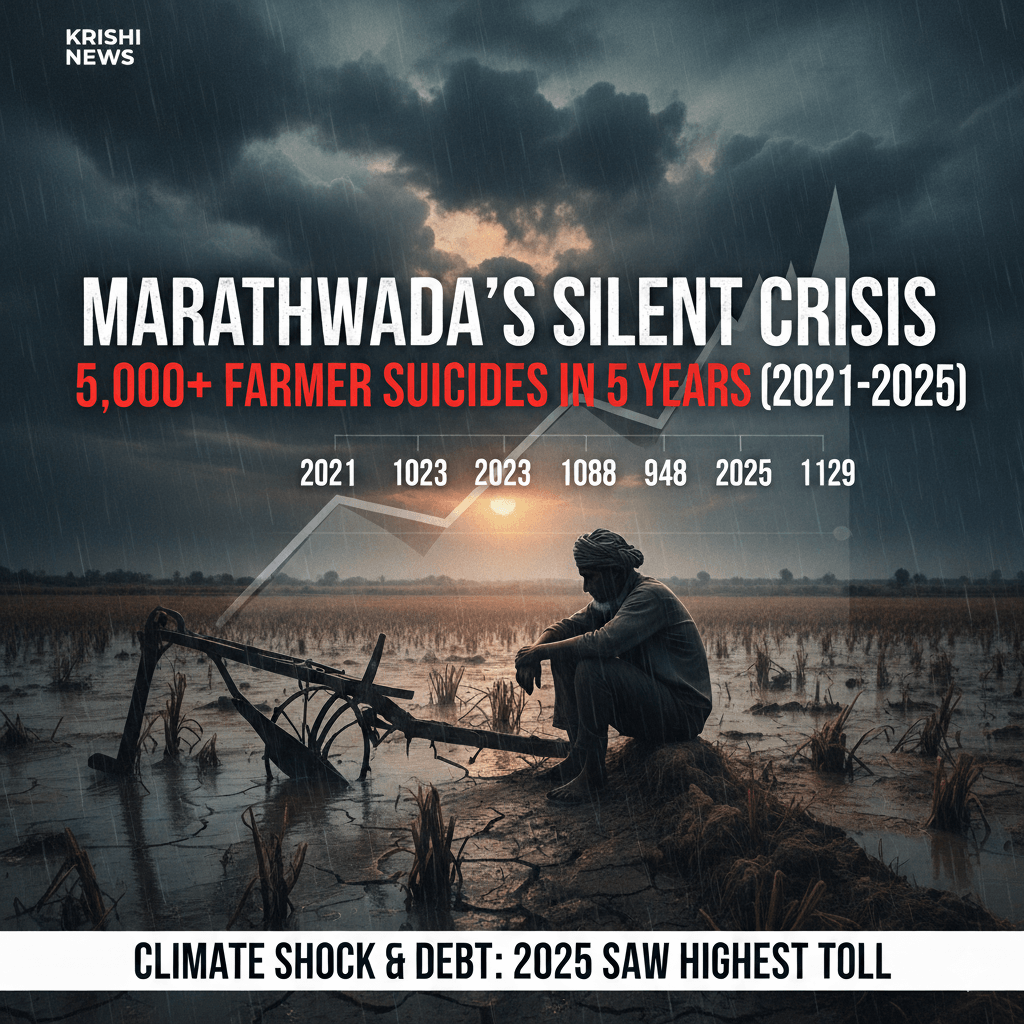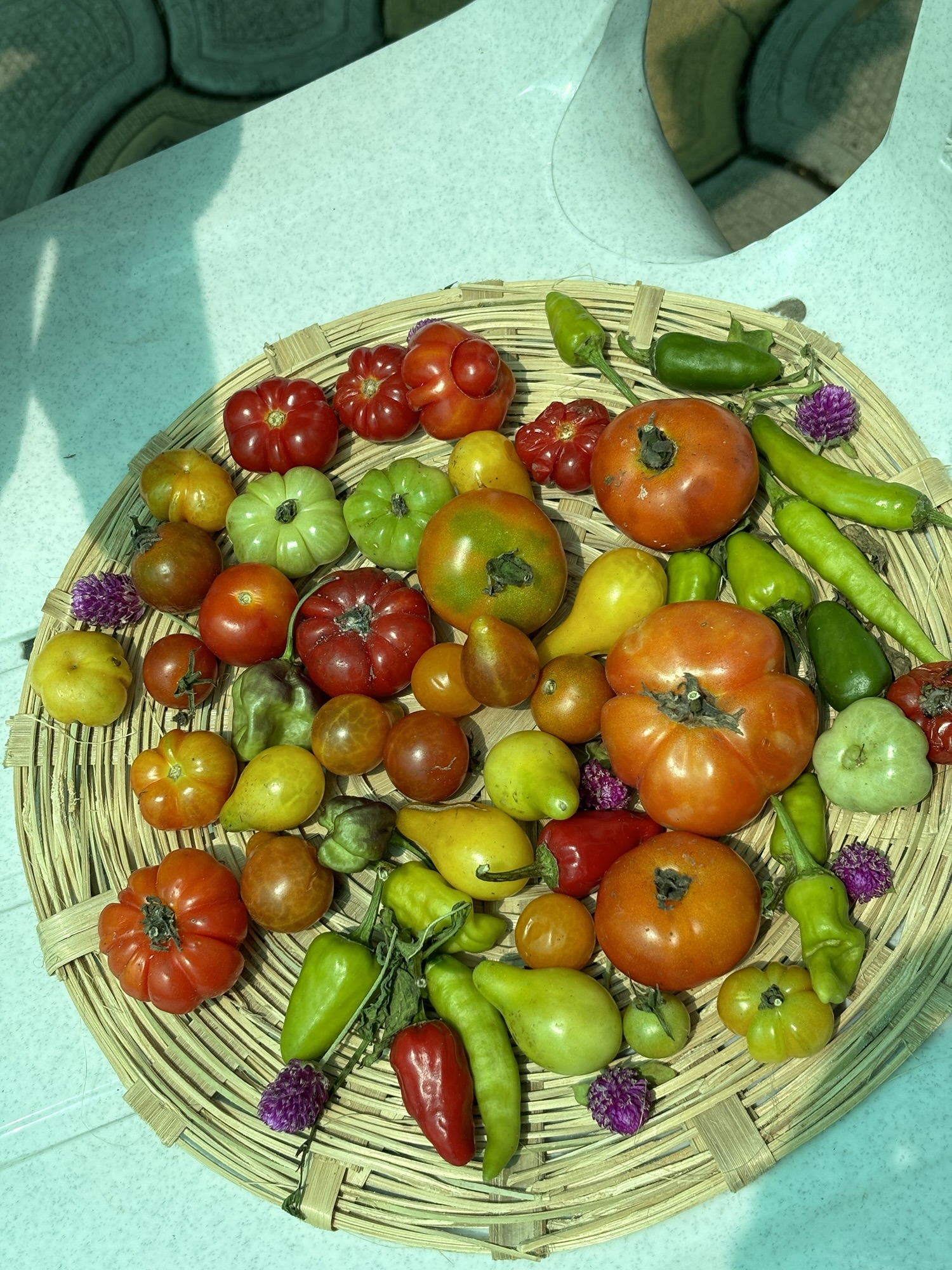Nagpur | July 4, 2025
A pivotal consultation titled “Facilitating Ecological Development through CFR” took place at Vanamati, Nagpur, bringing together over 100 representatives including tribal leaders, government officials, and civil society organizations. Jointly organized by the Vidarbha Livelihood Forum (VLF) and the Tribal Development Department of Maharashtra, the event highlighted the transformative potential of Community Forest Rights (CFR) for ecological justice and rural livelihoods.
Shri Dilip Gode emphasized that “historical injustices faced by Adivasi and forest-dependent communities must be corrected through democratic means like the Forest Rights Act (FRA).” He advocated for integrating PESA, FRA, Biodiversity, and Panchayat Acts to empower Gram Sabhas as the central authority in forest governance. He cited successful examples such as the cluster of 18 villages that auctioned Tendu leaves in 2013, creating sustainable revenue for communities.
Advocate Purnima Upadhyay shared that over 350 villages have developed community forest management plans, significantly improving grassroots governance. She stressed that FRA rights recognition must precede any declaration of Critical Wildlife Habitats (CWHs). Under the 2021 MGNREGA guidelines, 273 CFR Gram Sabhas have been registered, with 127 actively implementing forest conservation projects worth ₹12 crore.
Farmers and entrepreneurs also shared ground-level experiences. Organic farmer Shri Sanjay Pawar called for enabling small farmers to benefit from carbon credit systems. Shri Sanjay Sayal highlighted the need for cluster-based cultivation of 125 medicinal plant species to meet Ayurvedic industry demands. Shri Chandrakant Deokar of Nature Co elaborated on how carbon credits can enhance community incomes and biodiversity conservation.
Shri Shrinivas Rao, PCCF-Wildlife, proposed mapping the biodiversity across Maharashtra’s 28 lakh hectares of CFR land. He also advocated for branding CFR-based organic products and establishing local nurseries and herbal cooperatives to sustain biodiversity.
Tribal Development Department Secretary Shri Vijay Waghmare admitted gaps in policy implementation and urged cross-departmental efforts. He emphasized the need for active participation of women and youth in innovative livelihood efforts based on bamboo, soil and water conservation, and non-timber forest produce (NTFP).
The event saw participation from Gram Sabha federations across nine districts—Gadchiroli, Yavatmal, Amravati, and more—as well as organizations like VNCS, KHOJ, Gramin Samasya Mukti Trust, SEWA, and others. Together, they pledged to strengthen Gram Sabhas, secure CFR rights, and foster a future rooted in ecological and economic resilience.





